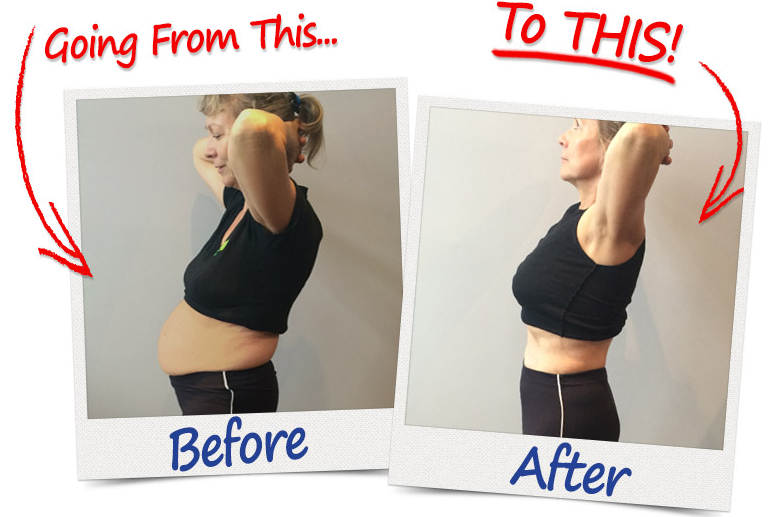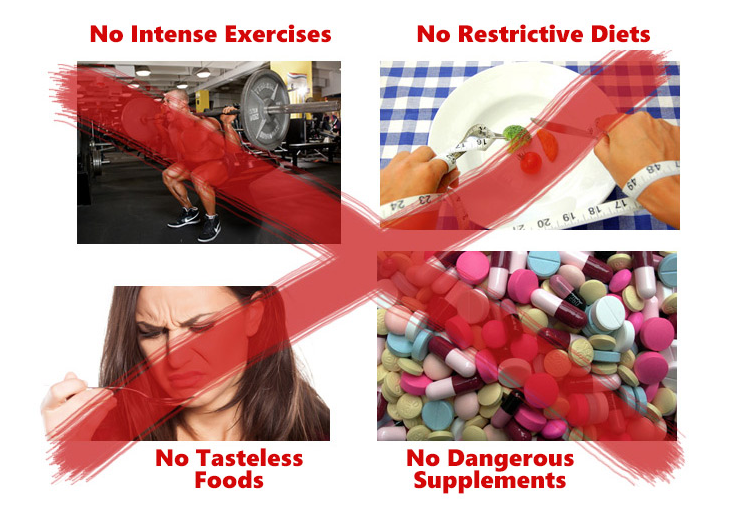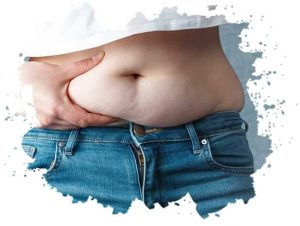Understanding how to lose body fat is one of the most transformative decisions you can make for your health. By combining effective exercise routines, balanced nutrition, and mindful lifestyle changes, you can reduce body fat while building a healthier, stronger version of yourself. Let’s explore the practical steps and tips to help you achieve your goals.



What is Body Fat
Body fat is also referred to as adipose tissue and is a vital part of the body. It functions as an energy reserve, insulates against temperature changes and cushions vital organs. However, too much fat can cause various health problems, so its management is vital for overall health.
Fat develops when the unused calories from food are stored in the body. With time this surplus can raise your weight and body fat percentage.
Types of Body Fat
Essential fat is critical to life and for the human body to function properly. It boosts hormone production, brain health, as well as energy regulation. Stored fat, however, is the excess fat that is added when you eat more calories than your body expends.
The Difference Between Visceral Fat and Subcutaneous Fat
Visceral fat lies much deeper in the abdominal cavity, encasing organs such as the liver and intestines. It has been linked to health risks such as heart disease and diabetes. Subcutaneous fat is located just below the skin and is less dangerous but still adds to excess weight.
Why You Should Focus on Losing Body Fat
Other Health Benefits of Fat Loss
Decreasing your body fat can help lower your risk for chronic diseases like diabetes, hypertension, and cardiovascular issues. Fat loss improves joint health, leading to more fluid and less painful movement.
And less body fat leads to better hormone control, which means better mood and energy. Weight management even allows to promote healthier skin, improve digestion and offer a boost in immunity.
What Fat Does To Your Body
Having excess body fat increases inflammation and alters metabolism, negatively affecting overall health. It can also lead to emotional problems like low self-esteem or anxiety about appearance. We have seen how body fat management helps you take control of your physical and mental health.
Learn How to Lose Body Fat — Steps on how to lose body fat
Create a Calorie Deficit
The Best Way To Balance Your Diet
If you want to lose body fat, you need a calorie deficit. First, calculate your Total Daily Energy Expenditure (TDEE), which is the number of calories your body burns each day. Track your caloric intake and make sure you stay below your TDEE using an app or food log.
Eat Healthy
Aim to eat nutrient-dense foods such as leafy greens, lean proteins, whole grains, and healthy fats. Steer clear of processed foods, sugary sodas, and high-calorie snack foods that don’t provide much nutrition. Instead, choose high-fiber foods that fill you up and don’t get tired of fast.
Increase Weight Training
Building Lean Muscle
Incorporating strength training into any fat loss program is essential. The structure of lean muscle increases your metabolism, as muscle fibers require more energy to maintain than do fat stores. This means you’ll burn more calories daily, even when you’re at rest.
Burning calories with weights
Compound exercises (deadlifts, bench presses, pull-ups, etc.) work multiple muscle groups simultaneously, burning more calories in your workout. As for strength training, 3-4 times per week is recommended.

Add cardiovascular workouts
HIIT (High-Intensity Interval Training)
High-Intensity Interval Training is an effective method to lose body fat efficiently. Using intervals of high-intensity workouts followed by recovery, you can shred calories with maximum efficiency. Plus, HIIT revs up your metabolism, helping it stay elevated for hours postworkout.
Steady-State Cardio
Another great option is steady-state cardio like jogging, biking, or swimming. It’s particularly effective for building endurance and burning calories over prolonged periods of time.
Focus on Sleep and Recovery
Sleep’s Role in Fat Loss
Getting adequate sleep is critical to fat loss. Sleep deprivation throws hormones like ghrelin and leptin, which govern hunger and fullness, out of whack. Instability in our sleep might increase cravings and overeating.
Active Recovery Practices
Include things like yoga, stretching, or foam rolling in your programs for recovery and sore muscles. This is vital for avoiding burnout and successfully maintaining your weight loss journey.
MYTHS about losing body fat
Spot Reduction Myth
Some claim that they can reduce fat in specific areas in their bodies, like their stomach or thighs. Spot reduction is a myth, however. Because fat loss is not localized, the key is to concentrate on whole-body fitness.
Crash Dieting Dangers
Crash regimes can result in notable loss of weight in the short run but are neither practical nor healthy in the long run. They lead to muscle loss, slowed metabolism and weight rebound, often very quickly. But a more balanced approach is usually best.
Overtraining Fallacy
Overtraining does not result in faster fat loss; it can cause fatigue and injuries. Be sure to combine intense training with sufficient rest to maximize progress.
How to Keep Going
Setting Achievable Goals
Make sure to set clear and attainable goals as reminders of where you should be focusing your energy. Such as: lose 1-2 pounds a week. Taking it steady like this, reduces the risk of burnout and creates sustainable success.
Regularly Tracking Progress
Keep a journal or app for tracking your progress.General Maintenance Or log your weight changes, your workout accomplishments and your feelings. Seeing your progress can provide the motivation to follow through consistently.
Creating a Network of Support
Find a community of like-minded fitness enthusiasts. Having a workout buddy or an online community helps.





Additional Tips for How to Lose Body Fat
Stay Hydrated
Drinking water is essential for fat loss. Staying hydrated helps curb hunger, improves metabolism, and supports workout performance. Aim for at least 8-10 glasses of water daily.
Practice Mindful Eating
Eat slowly and savor your meals to recognize when you’re full. Avoid distractions like phones or TVs during meals. Mindful eating prevents overeating and fosters a healthier relationship with food.
Reduce Stress Levels
Chronic stress increases cortisol levels, which can lead to fat accumulation, particularly around the abdomen. Incorporate stress-reducing activities such as meditation, deep breathing, or journaling into your daily routine.
Conclusion
Learning how to lose body fat is about making consistent, sustainable changes to your lifestyle. By combining strength training, cardio, proper nutrition, sleep, and recovery, you’ll create a balanced plan that not only helps you shed fat but also improves your overall health. Remember, progress takes time—be patient, stay focused, and enjoy the journey toward a healthier you.
FAQs About How to Lose Body Fat
1. How long does it take to lose body fat?
With consistent effort, noticeable results usually appear within 4-6 weeks.
2. Can I lose body fat without exercise?
Yes, through a calorie deficit, but combining exercise with a healthy diet accelerates results.
3. What’s the best type of workout for fat loss?
A combination of strength training and HIIT is highly effective for burning fat.
4. How much water should I drink daily to aid fat loss?
Drink at least 8-10 glasses of water daily to support metabolism and reduce cravings.
5. Can stress impact my ability to lose body fat?
Yes, chronic stress increases cortisol levels, which can lead to fat retention.





